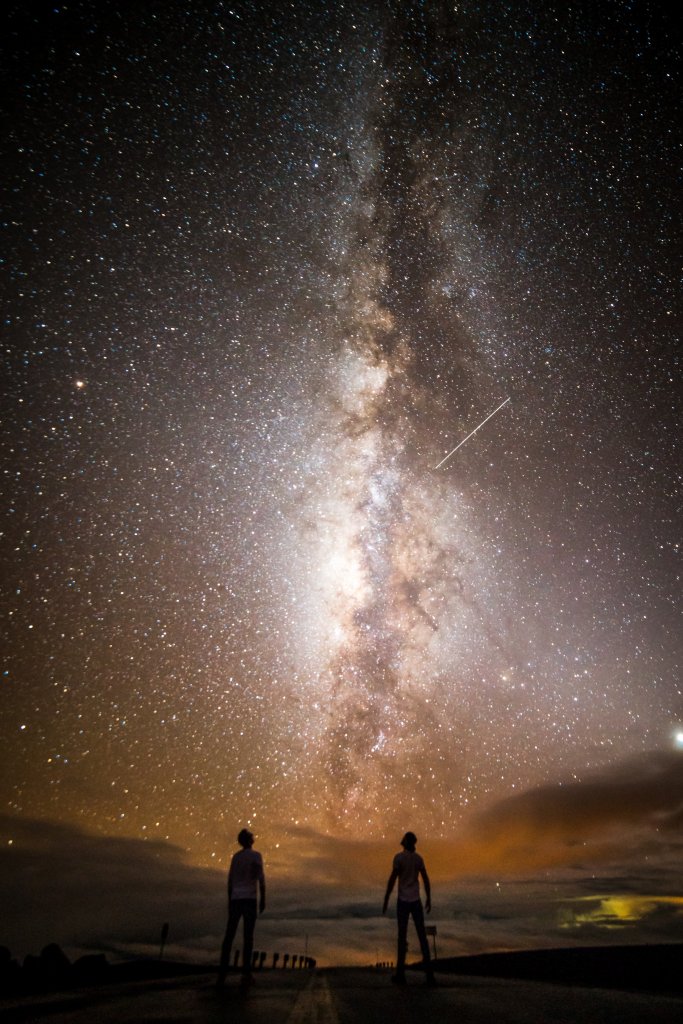Why wonder is for grown ups

When I was small, and would come home from school, my father would sometimes ask me: “Are you driving back the boundaries of your ignorance?” Not in a judgmental way, but in an enthusiastic way. Go, daughter!
Wonder is the foundation of learning because it exists at the edges of our knowing.
Children are made for this. They explore with all of their senses. Touching and tasting and looking and listening. Asking “Why? … But why?” Testing things: What will happen if I do this? They are eager to push on the boundaries of their knowledge.
As we grow up, we adults begin to get comfortable in our circle of knowing. We begin to feel that we know enough. Life within the boundaries of our ignorance gives us control — a degree of certainty.
Neel Burton, a philosopher physician writes:
Sadly, many people do not open themselves to wonder for fear that it may distract them, overwhelm their resources, or upset their equilibrium. After all, wonder is wounding . . . . To wonder is also to wander, to stray from society and its norms and constructs, to be alone, to be free — which is, of course, deeply subversive and why even organized religions need to tread a fine line with wonder. To rationalize the fear of it, wonder is dismissed as a childish and self-indulgent emotion that is to be grown out of rather than encouraged or cultivated.
We like certainty. We like to know it all — especially in these times. But wonder is not found in what we know. It is found at the edges of our knowing, with one foot in and one foot out.
And we don’t find that in the center of our knowing. One of my spiritual teachers likes to ask: “Do you want to be right, or do you want to be happy?”
We can recognize the feeling of wonder in our bodies, in the widening of our eyes, the change in our breath, a softening or swelling of our heart. Wonder is a whole-body experience, felt in the mind, in the senses, in our hearts. Wonder is awesome!
I vote for happy.
Rebecca Stoltzfus




